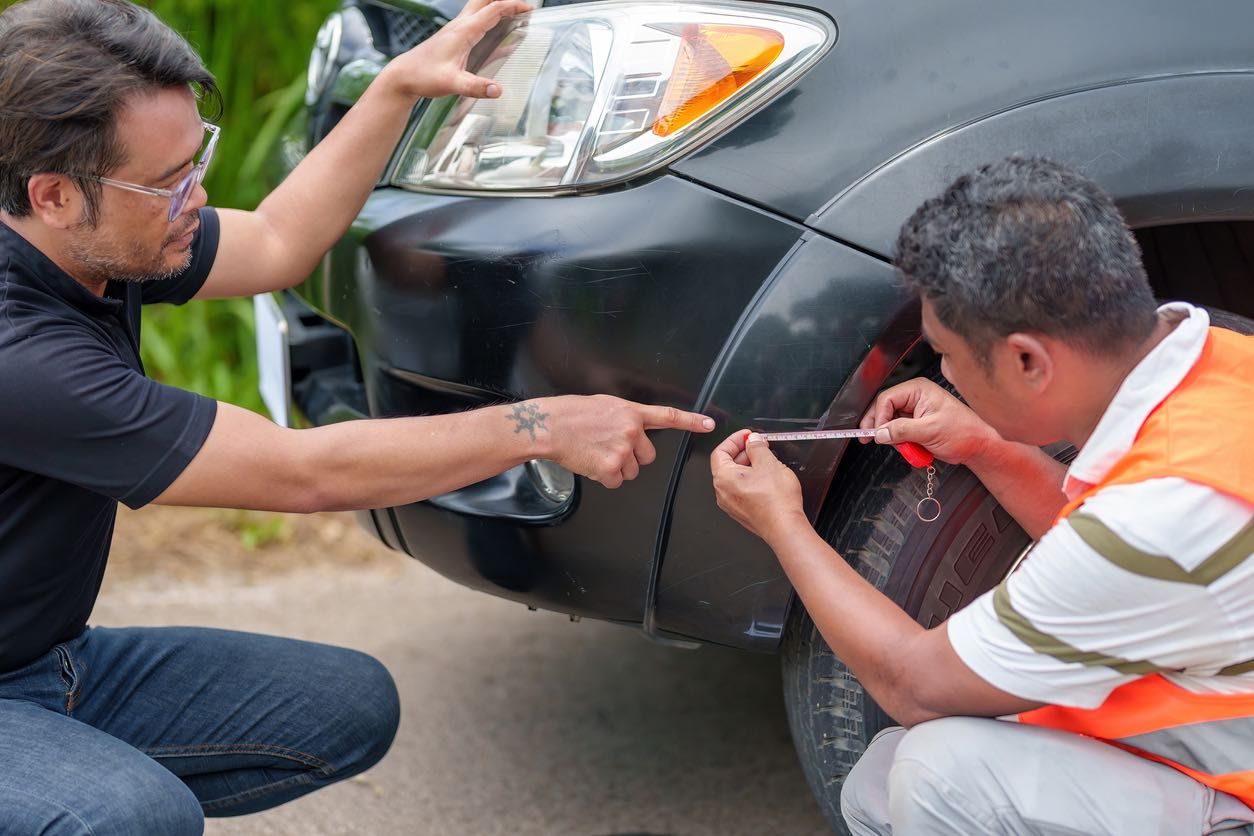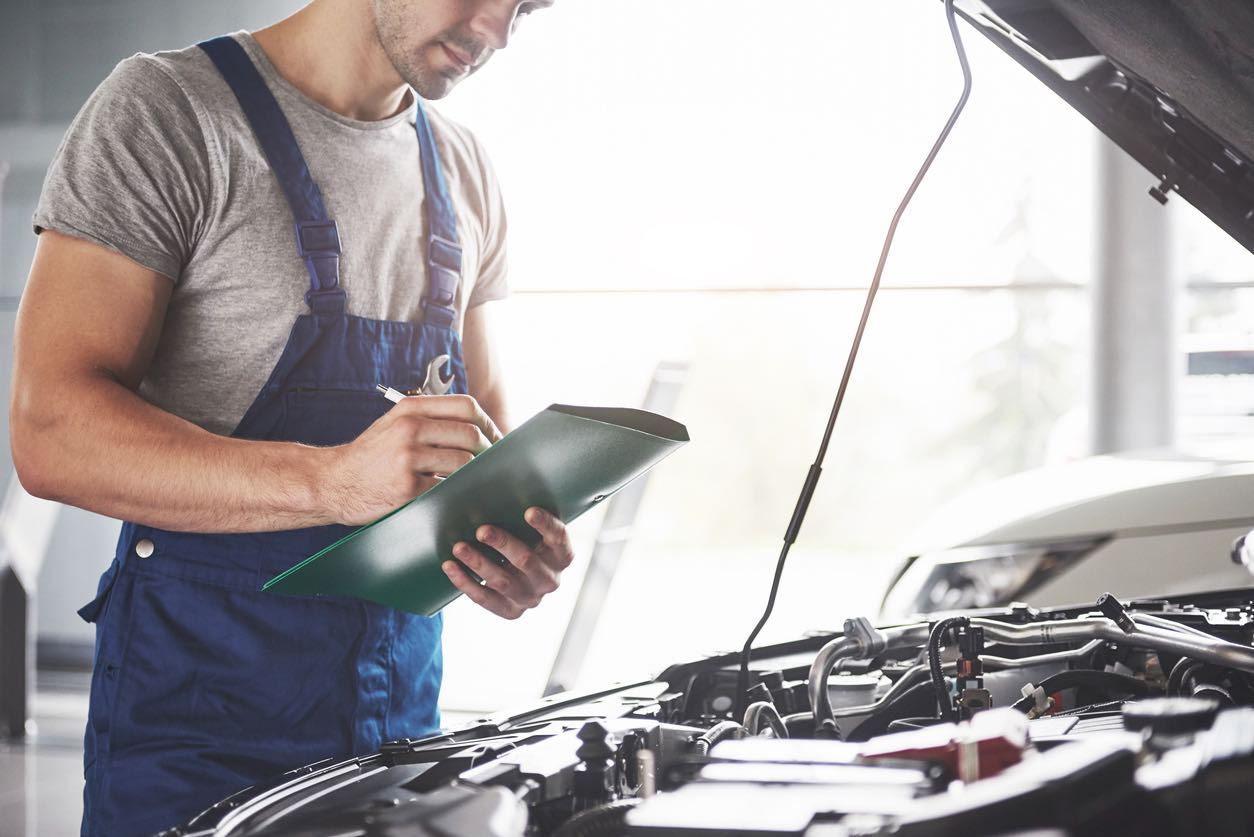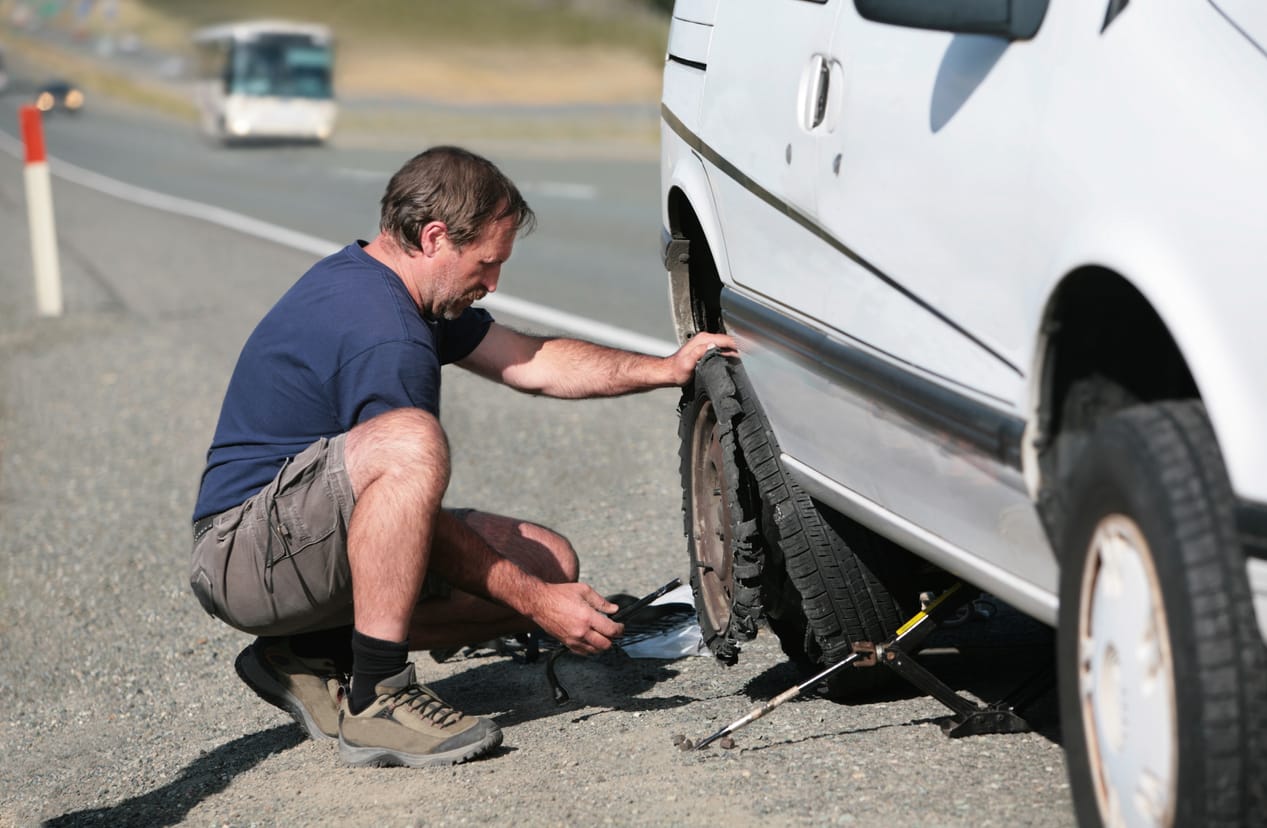Shipping your vehicle is the most convenient and efficient way to transport your car over long distances, especially when moving to a new location or purchasing a vehicle from a distant seller. However, despite shipping companies’ best precautions, accidents and damages can still occur during transit. Here, we will explore your rights and options if your car is damaged during shipping, ensuring you can navigate this challenging situation effectively.

The moment your car arrives at its destination, take the time to inspect it thoroughly. Once the vehicle gets to you, ensure you get the bill of lading before paying the driver. Document any visible damage by taking clear photographs and videos from various angles when the driver is still there. Make sure to note any scratches, dents, or other issues, no matter how minor they may seem.
You will compare this document to the original bill of lading that the team completed before shipping your car. Here are the benefits of a bill of lading:
- A bill of lading acts like a legally binding contract that outlines the shipment’s terms and conditions, thus protecting your rights and setting expectations for both parties involved.
- It provides proof of the car’s condition before shipment, making it easier to identify any damages that occur during transit.
- A BOL may not provide insurance coverage for your car, but it can serve as a shipment record.
- With a properly documented shipment, holding the shipping company accountable for any damage during transit becomes easier.
- Knowing that you have a formal agreement and documentation can provide peace of mind when shipping your car, reducing the stress associated with the process.
Before proceeding with a claim, review the shipping contract you signed with the shipping company. Pay close attention to any clauses related to liability and damages. Understanding your agreement’s terms is essential for knowing your rights and the responsibilities of the shipping company. Every shipping company has different rules and regulations regarding compensation, and you must know the terms before committing to work with that company.

When you discover damage to your vehicle, contact the shipping company. Provide the team with a well-detailed description of those damages and the evidence you collected. Most reputable shipping companies have a claims process in place for damaged vehicles.
Follow the shipping company’s specific procedure for filing a claim. In most companies, it involves submitting a formal written claim and all the supporting documentation you gathered during your inspection. Be sure to adhere to any deadlines specified in your contract, as failing may jeopardize your claim.

Ensure you support your claim by obtaining repair estimates from reputable auto repair shops or dealerships. These estimates will help determine the cost of repairing the damage to your vehicle. Keep copies of all quotes and invoices as part of your claim documentation.
If you have insurance coverage for your vehicle, contact your provider, report the damage and inquire about available coverage options. Depending on your policy, it may cover the cost of repairs or vehicle replacement.
Once you’ve filed a claim, the shipping company will investigate to determine the extent of their liability. They may request additional documentation or assessments as part of this process. Be patient, as this investigation may take some time.

After completing their investigation, the shipping company will accept or deny your claim. If they accept, they may offer you a settlement amount. It’s essential to review this offer carefully and, if necessary, negotiate for a fair settlement covering the full repair or replacement cost.
If you believe the shipping company (the carrier that actually transported your vehicle) is not offering a reasonable settlement or if they or their insurance company deny your claim unjustly, you may consider taking legal action. Consult with an attorney experienced in transportation and shipping law to explore your options and determine the best course of action.
The best way to avoid a similar situation in the future is by researching and choosing a reputable shipping company with a history of safe and reliable service. Read reviews, ask for recommendations, and thoroughly review the terms of your shipping contract to ensure you are adequately protected.

Car shipping is a convenient and common practice, but accidents can happen. If your car is damaged during shipping, knowing your rights and options is crucial. Document the damage, review your contract, and follow the shipping company’s claims process.
You should seek estimates, involve your insurance company if applicable, and be prepared to negotiate a fair settlement. If all else fails, consider legal action to protect your rights.




